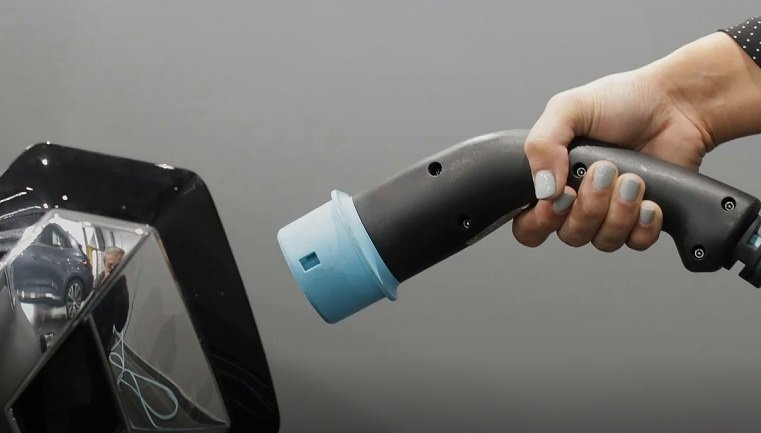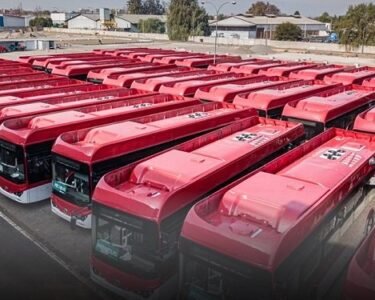As the global auto industry accelerates its transition to green technology, Pakistan is making noteworthy strides toward encouraging the adoption of electric vehicles (EVs). With new policy proposals, tax reductions, and infrastructure reforms, the country is paving the way for sustainable transportation and reducing reliance on fossil fuels.
Tax Reductions and EV Policy Changes
In a recent development, Pakistan’s government has proposed significant tax reductions to make EVs more accessible. The Ministry of Commerce has suggested:
- Eliminating the 25% sales tax on EVs priced above Rs. 4 million.
- Removing the cap on EV batteries for cars, vans, and SUVs.
These proposals were discussed in a steering committee meeting focused on EV policy, where the Ministry’s additional secretary emphasized that lowering costs and removing barriers would boost EV adoption. The Ministry of Industries and Production (MoIP) has tasked the Engineering Development Board (EDB) and the New Energy Vehicle (NEV) Policy team to evaluate these recommendations further.
Infrastructure and Standards Development
To support the EV ecosystem, the Pakistan Standards and Quality Control Authority (PSQCA) is collaborating with EDB to create EV standards, focusing on value addition, local manufacturing, and job creation. In addition, the government has announced a 44% reduction in electricity tariffs for EV charging stations, bringing costs down from Rs. 71 per unit to Rs. 39.70 per unit. This move could cut travel expenses by up to threefold, making EVs a cost-effective alternative to fuel-based vehicles.
Streamlining EV Infrastructure
New regulations introduced by the National Energy Conservation Authority (NEECA) under the Power Division aim to simplify setting up EV charging stations and battery-swapping points. These efforts are designed to enhance EV infrastructure nationwide and provide incentives for electric bikes and cars.
A Greener Future
By aligning with global trends and implementing these forward-thinking reforms, Pakistan is taking crucial steps to foster EV adoption. The reduced costs, improved infrastructure, and supportive policies are set to revolutionize the country’s transportation sector, paving the way for a cleaner, greener future.






